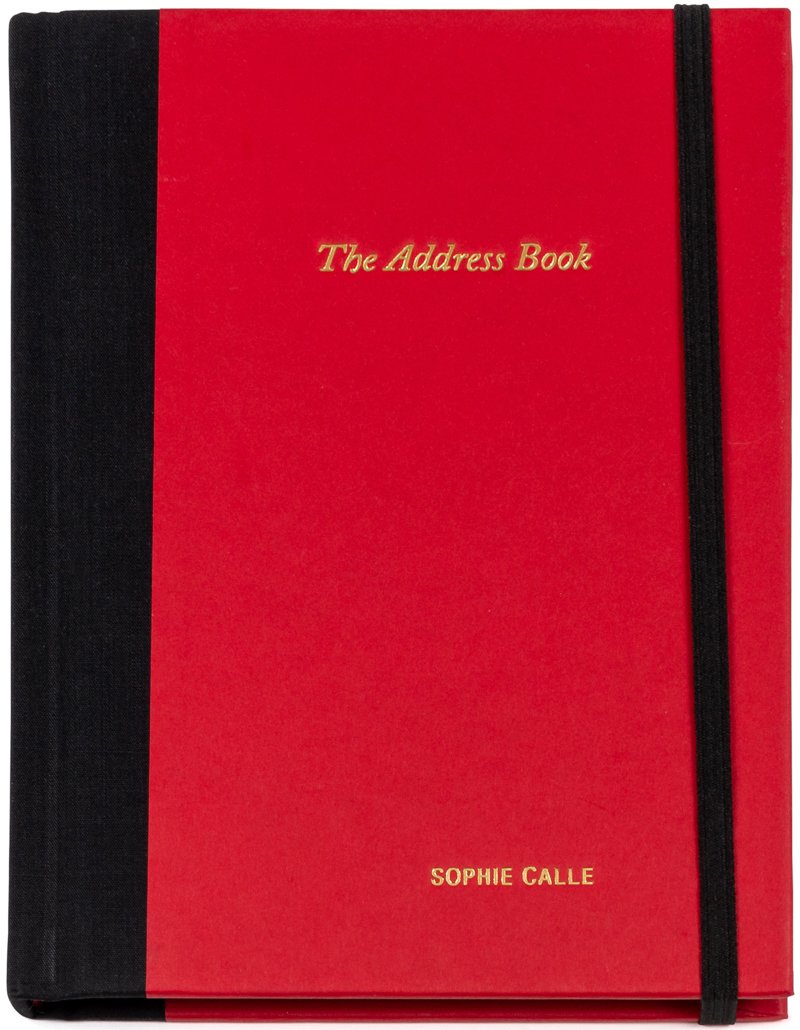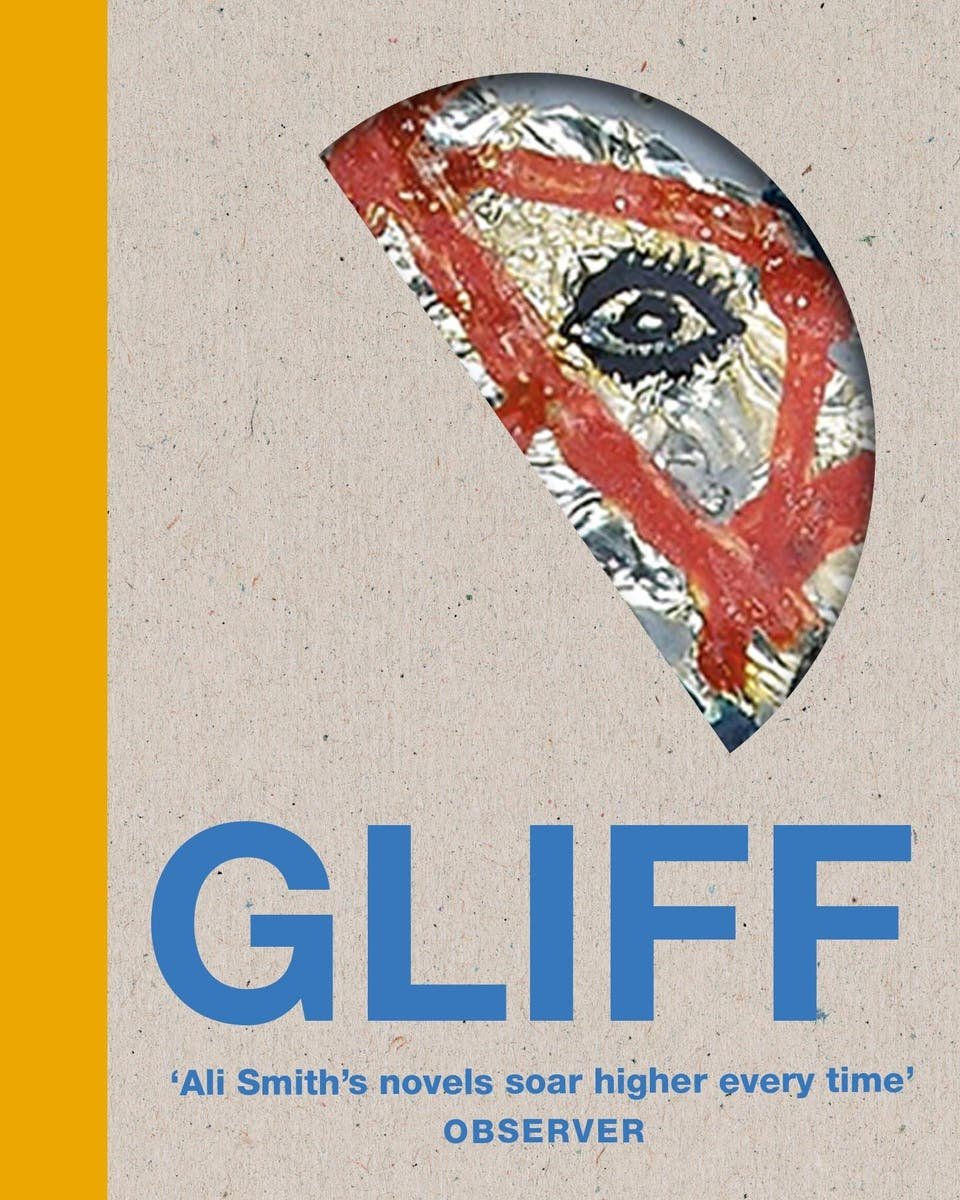The address book
Having found a lost address book on the street in Paris, artist Sophie Calle copied the pages before returning it anonymously to its owner. She then began contacting the people—in essence, following him through the map of his family, friends, lovers, and acquaintances.
Sophie Calle’s written accounts of these encounters—juxtaposed with her photographs—originally appeared as serial in the French newspaper Libération over the course of one month in 1983. Now, The Address Book, a key and controversial work in Calle’s oeuvre, is being published for the first time in its entirety in English as a beautiful trade edition artist’s book, designed in collaboration with the artist.
As The Address Book entries accumulate, so do the vivid impressions of its owner, Pierre D., while suggesting ever more complicated stories as information is gifted, parsed, and withheld. A multitude of details—from the seemingly banal to the potentially revelatory—are collaged into a fragile and strangely intimate portrait of Pierre D.; while Calle, over the course of her pursuit, also turns the interrogation on herself, her own fears, assumptions, and obsessions.
Part conceptual art, part character study, part confession, part essay, Sophie Calle’s The Address Book is, above all, a prism through which desire and the elusory, persona and identity, the private and the public, knowledge and the unknown are refracted in luminous and provocative ways.
Having found a lost address book on the street in Paris, artist Sophie Calle copied the pages before returning it anonymously to its owner. She then began contacting the people—in essence, following him through the map of his family, friends, lovers, and acquaintances.
Sophie Calle’s written accounts of these encounters—juxtaposed with her photographs—originally appeared as serial in the French newspaper Libération over the course of one month in 1983. Now, The Address Book, a key and controversial work in Calle’s oeuvre, is being published for the first time in its entirety in English as a beautiful trade edition artist’s book, designed in collaboration with the artist.
As The Address Book entries accumulate, so do the vivid impressions of its owner, Pierre D., while suggesting ever more complicated stories as information is gifted, parsed, and withheld. A multitude of details—from the seemingly banal to the potentially revelatory—are collaged into a fragile and strangely intimate portrait of Pierre D.; while Calle, over the course of her pursuit, also turns the interrogation on herself, her own fears, assumptions, and obsessions.
Part conceptual art, part character study, part confession, part essay, Sophie Calle’s The Address Book is, above all, a prism through which desire and the elusory, persona and identity, the private and the public, knowledge and the unknown are refracted in luminous and provocative ways.
Having found a lost address book on the street in Paris, artist Sophie Calle copied the pages before returning it anonymously to its owner. She then began contacting the people—in essence, following him through the map of his family, friends, lovers, and acquaintances.
Sophie Calle’s written accounts of these encounters—juxtaposed with her photographs—originally appeared as serial in the French newspaper Libération over the course of one month in 1983. Now, The Address Book, a key and controversial work in Calle’s oeuvre, is being published for the first time in its entirety in English as a beautiful trade edition artist’s book, designed in collaboration with the artist.
As The Address Book entries accumulate, so do the vivid impressions of its owner, Pierre D., while suggesting ever more complicated stories as information is gifted, parsed, and withheld. A multitude of details—from the seemingly banal to the potentially revelatory—are collaged into a fragile and strangely intimate portrait of Pierre D.; while Calle, over the course of her pursuit, also turns the interrogation on herself, her own fears, assumptions, and obsessions.
Part conceptual art, part character study, part confession, part essay, Sophie Calle’s The Address Book is, above all, a prism through which desire and the elusory, persona and identity, the private and the public, knowledge and the unknown are refracted in luminous and provocative ways.






